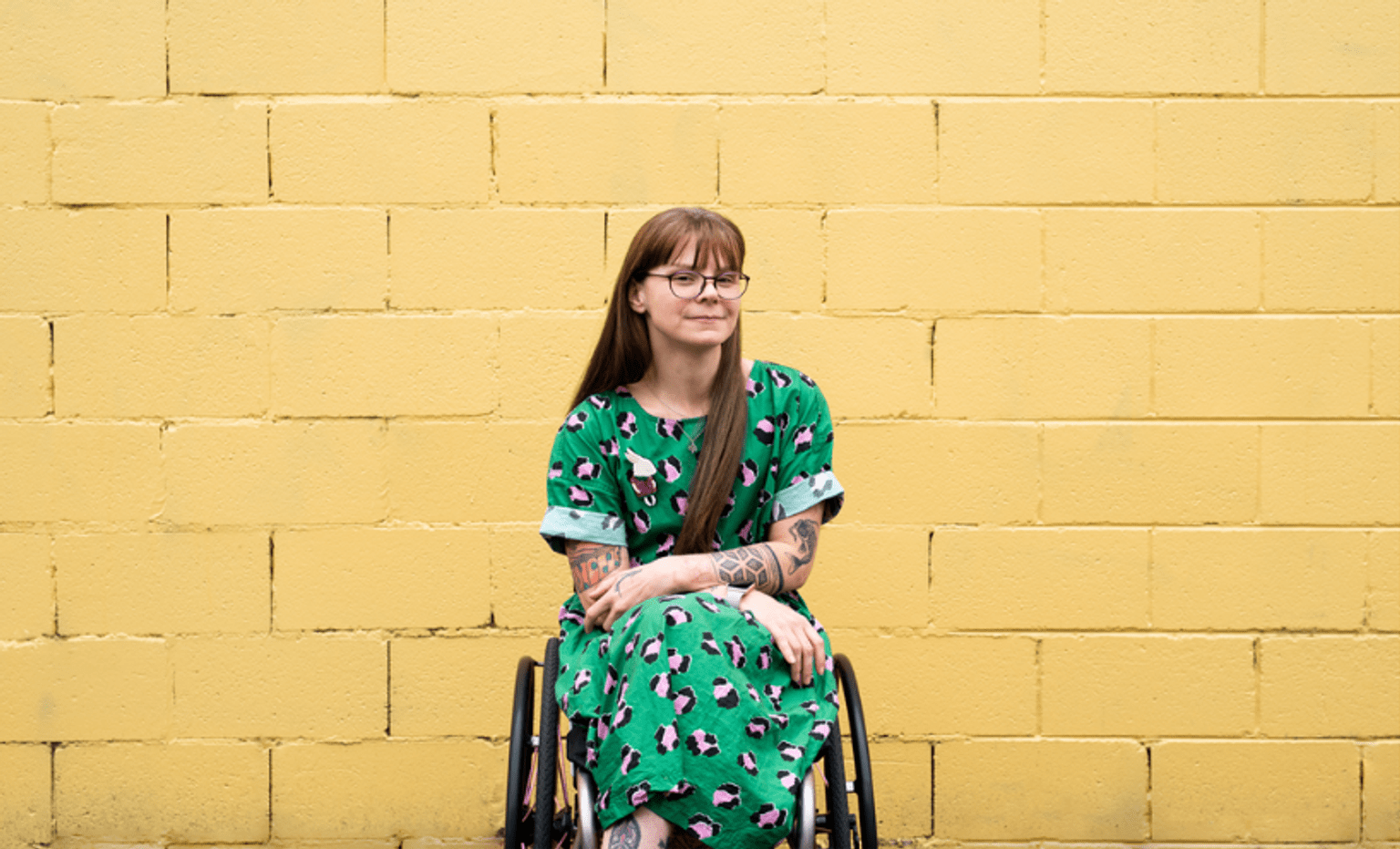- Published:
- Thursday 29 August 2019 at 11:20 am

Taking control of your past and your pain is powerful. Having your pain acknowledged and validated by those who are listening is immensely humanising. What’s the value in a lived experience? How can we be fully present in this space?
There’s a beautiful power to storytelling. Through the sharing of our personal lived experience we make sense of the intersect between our individuality and violence, leading to ownership and reauthorisation of our stories.
Taking control of your past and your pain is powerful. Having your pain acknowledged and validated by those who are listening is immensely humanising.
Further to this, the origin of our lived experience was steeped in a voiceless pain, wrapped in disempowerment. Being able to hold the emotion of the room in the palm of your hands is distinctly powerful for people who’ve had so much taken away. While holding the balance of power, even for just this one moment in time is liberating for us, it’s also draining. This is where the way you are hearing our stories comes into it.
What’s the value in a lived experience? How can we be fully present in this space? I wanted to flip the structure of the conversation on its head a little. While hearing the stories from people with lived experience is important, it’s equally important to look at ‘how’ we are hearing these stories. Especially in a space that’s continually evolving.
I wanted to share with you how to hear us from my own perspective. Remembering that you could speak to ten survivor advocates of family violence and get ten different insights of how it can be done. And just as every personal lived experience is unique to the one sharing, it’s also uniquely personal to one’s listening. The way you hear the story happens intrinsically, on an intimately personal and individual level.
When you hear from people with lived experience, you must also stop and question ‘how’ you are hearing it. When inviting someone to speak, it’s important that you don’t constrain the external and internal boundaries of where the lived experience can take you. This reflects your ability to not only listen, but to hear what’s being said.
Allowing yourself to confront your internal boundaries, while sitting within the confines of your own discomfort. With campaigns like #LetHerSpeak emerging you need to be prepared to hear it all. To not filter what’s said, not compress it down. And finally, to not put the onus on the one with the lived experience to ease your discomfort.
We have a tendency to gravitate towards wanting to be inspired, or motivated. This is natural, as they are comfortable and ‘safe’ emotions. The reality is that violence is neither safe nor comfortable. So when you make space for people to speak, you need to be ready to hear and feel the less desirable emotions. Sadness, anger, confusion, and confrontation can all be motivating too. As long as you are willing to unpack what’s behind them. Be prepared to understand what underpins these emotions. The drivers of this discomfort. Asking what does it represent for you as an individual. Then more broadly, what does this represent in the context of the wider community. And how can this influence the work I am doing. This is where the true value in ‘hearing’ from people with lived experience can be found. This is where ownership and reauthorisation of all of our stories transcends the individual with the purpose of reshaping of a community that is free from violence.
Nicole will be speaking at Melbourne Writer’s Festival on Sunday 8 September at 2.30pm at RMIT Kaleide Theatre. She will be one of four leading family violence advocates discussing how the stories of survivors are more important than ever. Book your tickets here.
Updated